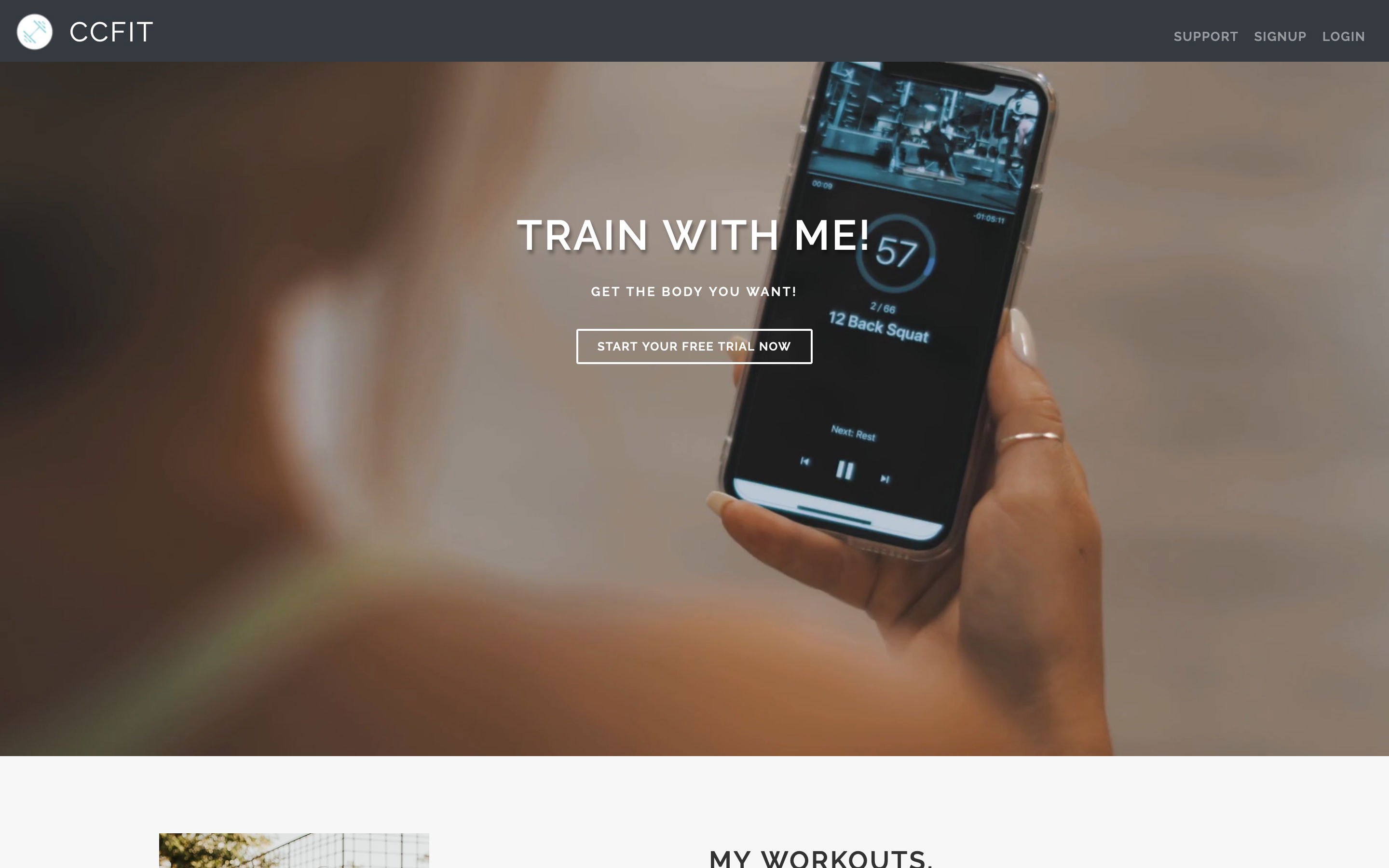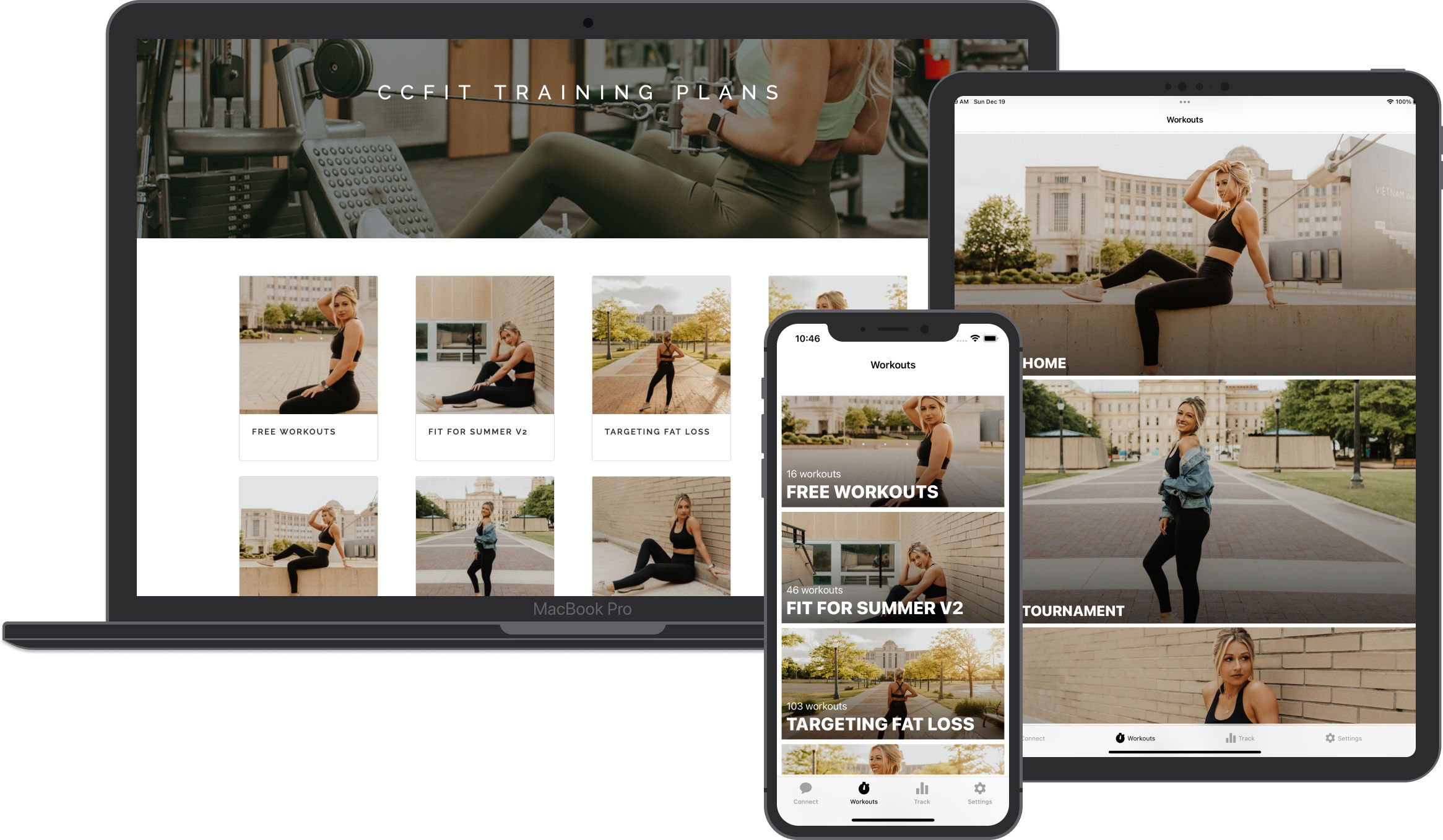
Interest in creating a fitness app has never been higher. As COVID led to a 40% increase in consumer demand for fitness apps (as measured in downloads), as of 2020 there were over 300 million active monthly fitness app users across the globe and over 400 million downloads in 2021 (per Business of Apps).
Perhaps not surprisingly, this increase in demand led to the app marketplaces (Apple and Google Play) welcoming new fitness apps. In fact, App Annie reported that over 70,000 new fitness apps were launched in 2020, a 13% increase from 2019.
This trend will continue over the coming years. According to a recent report published by Vantage Market Research, the global fitness app market is expected to reach $15.8 billion (yes, you read that correctly) by 2028. The report went on to mention the leading types of fitness apps are expected to be Exercise & Weight Loss, Activity Tracking, and Diet & Nutrition.
Over the years the team here at TempoKit, has partnered with some of the world’s best influencers and fitness brands to develop and scale over a dozen successful fitness apps. This article is informed by that experience and we hope that it’ll provide you with a few tips and information to consider as you are evaluating your fitness app development options.
And if you are actively considering developing a fitness app in 2022, feel free to drop us a message at team@tempokit.com. We are always happy to connect and discuss our approaches to custom fitness app development.
Fitness app development in 2022 - a how-to for influencers, creators, and personal trainers
The first step is to define the business objectives for your fitness app and to define the primary use cases as well as identify your target personas. Nix has put together a summary that frames the questions you should be asking yourself. For example, are you building a workout app that features your own workout plans and exercise videos? Are you building a fitness app to better manage your personal training clients? Do you want to create a private membership community for your most loyal Insta/Tiktok followers?
Answering these questions is critical in deciding which fitness application development path is right for you.
Surveying your options
Much like so many decisions in life, when it comes to building a fitness app, you have a fair amount of options to consider in 2022. In this section, we’ll summarize the range of fitness app development companies you could partner with to create your own fitness application. This list is organized by most customized/specialized to least customized/specialized.
Custom mobile app development
One of the first thoughts you may have is to hire a contract or freelance mobile app developer or mobile development agency to help build your own custom fitness application. This path can be compelling for those who have the budget and a specific vision for their custom fitness app. Depending on your budget (likely a minimum of $40,000), there are thousands of options to consider.
Freelance (or contract-based) mobile app developers
TL;DR - Think of this path as hiring an architect and contractor to build your own house versus buying a house. It can be a great option if you have a specific idea for your custom mobile fitness app, have a dedicated budget and have the ability to closely oversee the initiative.

You could consider dedicated talent marketplaces which source and vet mobile app developers such as Andela, Gun.io, TopTal, and UpWork. The benefit of these marketplaces is that they often streamline payments, time tracking, and other administrative duties. The downside is that these marketplaces typically have strict guidelines for how you can work with the developers on a longer-term basis and therefore are better for shorter, project-based engagements. So if you need a team to launch the app and have alternative plans for ongoing support, this may be a good option for you.
Alternatively, you could hire a mobile app development company such as A Team, UpTech, or X Team to provide a dedicated team for your project. The benefit of mobile app development agencies is that you’ll receive an end-to-end team to support the build and that same team is likely available to support the custom fitness app going forward. The main downside is often cost - a larger team will come with a hefty price tag. So if you have the budget and want peace of mind that a team will be available to launch and support the app, this may be a good option for you.
With either path, having experience in product management (to specify the details of your custom fitness app), branding (to provide creative direction), and project management (to help keep the project running on time) is highly recommended. Ideally, technical experience (or a technical advisor) who can also help you vet the quality of their work product. We’d also recommend you thoroughly vet the contractors and/or agency by downloading their work product to experience apps for yourself, read customer reviews in the Apple and Google Play app stores, and speak with their clients (both current and past) who’ve developed similar mobile apps to the one you are envisioning.

BuildFire and DeCode have put together these detailed guides on what to consider when hiring a mobile app developer which we recommend you check out.
“No code” fitness app platforms
TL;DR - Think of this path as buying a modular home from a home builder. While you cannot customize every final detail in the house, you’ll be able to personalize the finishing touches. This can be a great option if you have a vision for your custom fitness app (but are flexible with the final product) but have limited technical experience, a lower budget, and prefer to have a platform manage the technology (as opposed to a dedicated individual or team).
As the consumer demand for workout apps market has taken off, fitness app developers have built “no code” fitness app platforms to help reduce the cost of building custom fitness apps without sacrificing in-demand features, use cases, or stifling your app idea. Pricing is typically a one-time fee to build the app (under $500) and then a monthly fee which can vary from a percentage of revenue generated from sales (as high as 40%) to a fixed monthly fee (from $99 per month) to a combination of both.

Here at TempoKit, we consider ourselves to be the leading “no code” fitness app platform. We’ve studied the most downloaded and highest revenue-generating fitness apps to understand which features and use cases are most in demand. Our team has made these features available to use in a friendly content management system which we can either assemble for you or you can assemble. We don’t believe in long-term contracts and we’ll never make an ownership claim to your content. Rather, we are an affordable platform to help you scale a high-margin, recurring revenue digital fitness business. Other “no code” fitness app platforms to check out are Plankk and LeanOn.
When comparing “no code” fitness app platforms, in addition to comparing the costs and pricing plans, we recommend you download apps created with these platforms, read customer reviews in the Apple and Google Play stores, and closely evaluate the available features, templates, and personalization options to evaluate what flexibility you’ll have.
Personal trainer software
TL;DR - Consider this path similar to the above option but designed for a very specific use case and therefore more limited personalization. This can be a great option if you are a personal trainer seeking to create a supplemental revenue stream from your clients and/or you are engaging with personal training clients around the world (or remotely).

Trainerize, TrueCoach, My PT Hub are examples of companies that operate personal trainer software. The primary use case for personal training software is to help manage one-on-one (or small group) clients - whether for in-person or remote personal training sessions. You can check out the longer form Trainerize vs TrueCoach comparison we published in March ‘22 for a detailed guide on their features, use cases, and pricing. While personal training software might not be the best fit if you have an you are seeking a solution for managing your individual personal training business, these are great options for you to consider.
“No code” app development platforms
TL;DR - Think of this path as buying a manufactured home from a home builder. You have less flexibility to personalize the final details of the house but the cost is significantly lower than a modular or custom home. This could be the right path if you are looking to create a fitness app on more of a shoestring budget and perhaps is a low-cost option to test if there is demand for your own branded fitness app.
As discussed above, there has been an increase in demand for apps as consumer behavior has shifted away from web-based experiences. Much like SquareSpace or Wix has done to make it easier to build a website without any technical experience, there are dozens of no-code platforms to build mobile apps such as Passion and Builder.ai. While these platforms do not specifically cater to the fitness industry, they have developed and made available many features and tools that support personal trainers, influencers, and other creators who may be interested in building a branded workout app, fitness tracking app, personal trainer app, or even a meditation app. Pricing is typically from $50 per month but depends on the plan.
Similar to the other options listed above, we strongly recommend you download apps created with these platforms, read customer reviews in the Apple and Google Play stores, and closely evaluate the available features, templates, and personalization options to evaluate what flexibility you’ll have.
Fitness app development costs - putting it into perspective
| Up front Costs | Annual Costs | |
| Custom mobile app development | $60,000+ | $10,000+ depending on the service level |
| “No code” fitness app development platforms | $0 for the platform Up to $40,000 for enterprise or custom apps | $1,200 to $2,400 + $2 per subscriber or up to 40% of revenue depending on the platform, plan and service level |
| “No code” app development platforms | $149+ for the platform | $650 to $3,000 depending on the plan and service level |
| Personal trainer software | $250 | $60 to $2,000+ depending on # of clients you train and plan |
Take the next steps for your fitness app development
We hope this introductory article has served as a helpful resource and launching pad towards your hiring a fitness app development solution. If you are interested in learning more about TempoKit, make sure to check out our Features, our Pricing, or create a free account to begin building your own personalized fitness app with TempoKit. Drop us a message - team@tempokit.com - we are always excited to hear from fellow fitness enthusiasts!